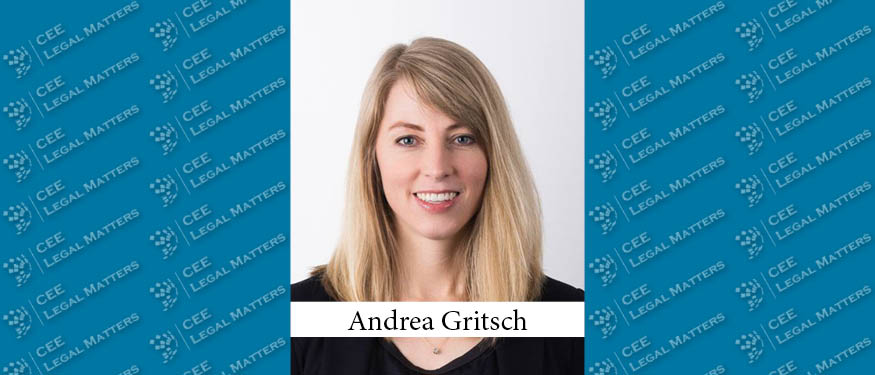Green energy and ESG will be a significant focus in the coming year in Austria, with a slight upward trend expected in restructuring, alternative finance, and regulatory work, according to Wolf Theiss Banking & Finance Partner Andrea Gritsch.
"Austria, as a smaller country, is affected, just like the rest of the world, by global macroeconomic circumstances," Gritsch says. "The impact of the invasion in Ukraine was significant due to intertwining jurisdictions and markets, leading, among other things, to rising energy prices and supply chain disruptions."
"The impact of the EU and US sanctions that were imposed on Russia influenced the banking sector greatly," Gritsch adds, highlighting that Russian banks – such as Sberbank – had their EU headquarters in Vienna. "Russian businesses pulled out of our geography, leaving a trail of very complex legal matters behind. In the aftermath, we advised numerous clients in dealing with the intricacies that arose due to the sanctions."
According to Gritsch, the topic of changing macroeconomic circumstances is and will remain particularly prominent in many areas: "years of easy financing conditions appear to be at an end. The European regulators will pay close attention to what is going on, and stability ratios will receive extra attention."
On the other hand, "the biggest positive development we are excited about is the green transition, including renewable energy projects," Gritsch notes. "It's going to be a very interesting year as ESG ratios continue on the daily agenda and will be one of the main focus points of the supervisory authorities. Wind farm projects, both onshore and offshore, sustainable housing, and investment into green transitions will keep our transaction teams busy." She highlights that ESG "has become a game-changer these days. It is no longer just a matter of window dressing – companies have to show that they are serious about ESG. Assets need to be rated and certified, making it a decisive factor."
According to Gritsch, the banks continued to finance ongoing projects and also engaged in supporting the economy through refinancings and new loans. "There will additionally continue to be a need for alternative funding, particularly due to increasing interest rates," she notes.
And, in 2023, the "crypto winter might be turning into a crypto spring – from a legal work perspective – as last year's cold experience for many investors showed once again the urgent need for harmonized regulation in the virtual space," she points out.
With regards to corporate and financial restructurings, Gritsch says that there will likely be an uptick, but nothing massive: "the mid-market might come under pressure, but not in the form of a wave. In Austria, we will probably experience a smaller impact, but neighboring countries including CEE/SEE jurisdictions could experience harder blows."
Finally, "this demanding market situation also requires the best talent," Gritsch says in conclusion. "It is a competitive employer's market for law firms, with the changing expectations of young lawyers when it comes to a sense of purpose at work and the demands of one's personal life with an impact on a lawyer's career. This plays a major role in our strategic focus on attracting and retaining the best talent."






















